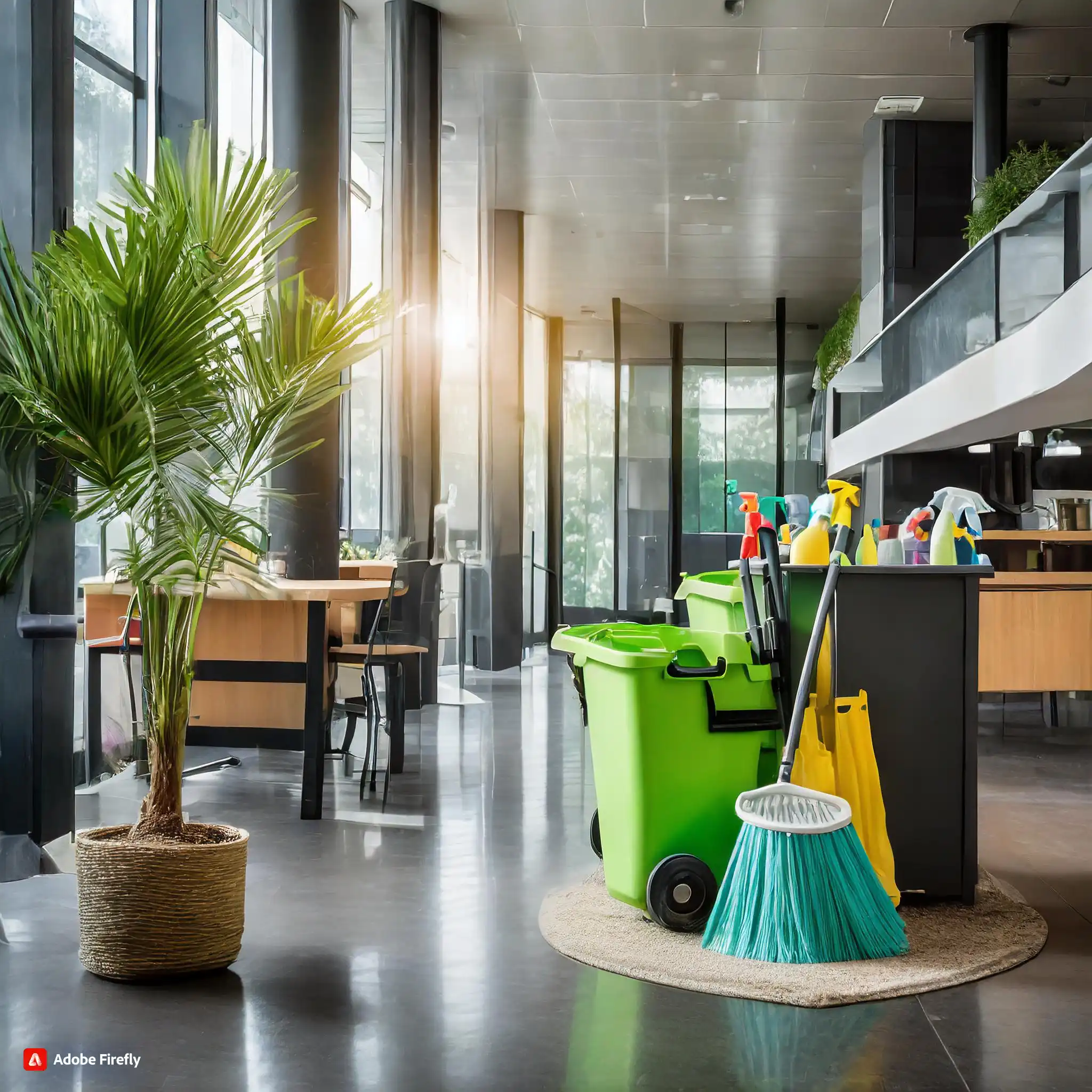Concrete and Stone Care
What is Ceramic Tile?
Understanding Ceramic Tile
Definition and Composition
Clay Tile with Glazed Surface Ceramic Tile is a type of tile made from clay, featuring a hard glazed surface. The glazing process involves applying a layer of liquid glass, which is then fired at high temperatures to create a durable, protective finish.
Common Applications
Usage on Floors and Walls Ceramic tiles find widespread use in both flooring and wall applications. The choice between floor and wall tiles is often influenced by the specific characteristics of the tile.
Distinction Between Wall and Floor Tiles
Wall Tile Characteristics
High Gloss
Wall tiles are typically glazed with a high gloss, providing a shiny and reflective surface. Installation Substrate These tiles are commonly installed on a special tile backer substrate using adhesives such as mastic.
Floor Tile Characteristics
Matte Finish
Floor tiles, on the other hand, generally have a matte finish, lacking the high gloss of wall tiles.
Installation Substrate
They are installed on concrete or a tile backer substrate using mortar specifically designed for floor tile installation.
Grout Usage and Sealing
Grout Between Tiles
Whether used on walls or floors, ceramic tiles are installed with grout placed between them. Grout serves to create a semi-smooth surface and accentuate the individual tiles.
Porous Nature of Grout
Grout is inherently porous, making it susceptible to the accumulation of dirt, soil, and bacteria over time.
Sealing Requirement
It is recommended to seal grout after a curing period of approximately 30 days. Sealing helps prevent the buildup of contaminants within the grout lines.
Cleaning Challenges
Grout, being porous, can pose challenges in terms of maintaining cleanliness and may require regular cleaning efforts.
Practical Considerations
Installation Materials
The choice of adhesives (such as mastic for walls and mortar for floors) and the installation substrate play a crucial role in ensuring the longevity and stability of ceramic tiles.
Sealing Benefits
Sealing not only protects grout but also enhances the overall durability and aesthetic appeal of ceramic tile installations.
Frequently Asked Questions
Have a different question and can’t find the answer you’re looking for? Reach out to our support team by sending us an email and we’ll get back to you as soon as we can.
- Is it OK to Mop Commercial Floors with Bleach?
- Understanding the Impact The Risks of Mopping with Bleach Mopping commercial floors with bleach is not recommended and there are several compelling reasons behind this cautionary advice Delving into...
- What is Ceramic Tile?
- Understanding Ceramic Tile Definition and Composition Clay Tile with Glazed Surface Ceramic Tile is a type of tile made from clay featuring a hard glazed surface The glazing process...
- What Ingredients are in Floor Finish?
- Additional Details on Floor Finish Ingredients Film Formers Responsible for Protective Film Emphasize that film formers play a crucial role in creating the protective film on the floor These...
- Are Some Floors Made of Cork?
- Certainly cork is utilized in flooring especially in residential settings The manufacturing process involves harvesting cork from the bark of cork oak trees The bark is carefully processed ground...
